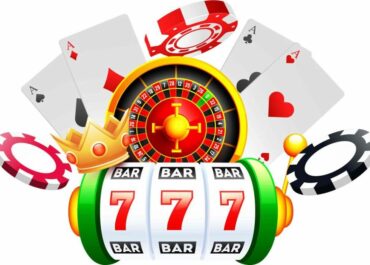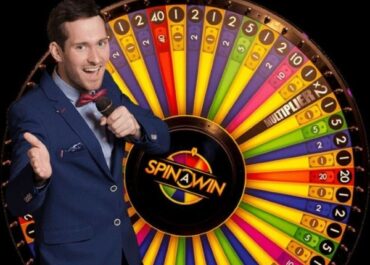If you have little experience with casino games but are considering going on a gambling trip, you may be wondering how much money you should bring with you. The standard answer is at least one hundred dollars, but a more reasonable estimate for a vacation filled with casino-style entertainment would be around five hundred dollars.
A variety of factors will, of course, influence your betting budget. The two most important considerations are the amount of money you have set aside for this hobby and the types of games you intend to play. This is important because different games can be played at different speeds, and the minimum bet limits can vary greatly from one casino game to the next. Some slot machines, for example, accept bets as low as one penny, whereas the cheapest blackjack table at a more upscale establishment usually requires a minimum wager of five dollars. The amount of money that can be wagered during a round, as well as the rate at which a game can be played, will have a significant impact on how quickly your available funds can be depleted.
An older study from the 1990s conducted by the PBS Frontline team found that visitors to Sin City allotted themselves approximately $580 for the entertainment value of gambling and played for approximately four hours per day while there. According to a 2018 survey conducted by the Las Vegas Convention and Visitors Authority, not much has changed in Vegas over the last twenty years or so. According to the survey results, the average visitor to Las Vegas now spends $527 per night on gambling. Furthermore, only 22% of people who visit Las Vegas gamble more than $600 while on vacation in Nevada.
A Strategy for Casino Players’ Bankrolls
In any kind of company effort, knowing how to correctly distribute finances and sticking to pre-defined benchmarks are both powerful tools that can be used. Gambling is an essential component of the entertainment offered by gaming because it necessitates the expenditure of money, presents the prospect of gaining additional money, and relies on random chance. This is because gamblers who do not adhere to tried-and-true casino bankroll management recommendations run the risk of finding themselves on a road that ultimately results in financial ruin.
As was mentioned before, the ideal quantity of your casino bankroll is calculated by a formula that takes into account the games you play, your degree of experience, and the results you aim to accomplish. If you are just seeking to have some fun, you should err on the side of caution and keep your gambling budget on the lower end of the range. This will help ensure that you have a good time without losing too much money. Those who rely on gambling as a reliable source of income must have significantly higher bankrolls than the average player. It is necessary for surviving losing streaks and maintaining appropriate funding throughout extended sessions, and it is required for survival. It is also required for maintaining adequate funding over lengthy sessions.
You must stick to your strategy, bring only the amount of money you can afford to spend, choose games with favorable odds, play them carefully, utilize methods, and never chase losses. In addition, it is recommended that you limit the amount of money you can win to a maximum. You will receive a notification after this has been done, indicating that it is now time for you to leave the game.
Blackjack Bankroll Management
Blackjack is the most popular casino game among seasoned gamblers because, with proper strategy, the player can reduce the casino’s advantage to as little as 0.5 percent. As a result, the odds are very close to being equal. Because the house has such a small advantage over the players and because players can play smart and stay within their budgets, blackjack is almost certainly the best game to play in any casino.
If you want the most accurate method for calculating your blackjack bankroll, the first step is to divide your session into different betting units. It is never a good idea to play more than one hundred betting units in a three- or four-hour period when seated at table games. This is due to the high risk involved. If you are a low-roller and the table you want to play at has a minimum bet of $5, you should have at least $500 in your pocket so that you can have fun betting for at least three hours.
Roulette Bankroll Management
The game of roulette is unique in that it allows players to place a variety of bets, some of which have odds that are very close to 50 percent of the time. These are odds and evens, red and black, and high and low bets. The house edge in the European version of this game, which has one green/zero pocket, is 2.7 percent, while the house edge in the American version, which has two green/zero pockets, is 5.26 percent.
In essence, the unit system described for blackjack also applies to roulette. However, because the probability of winning each round is so close to 50/50, this game is ideal for use with a negative-progression system. These patterns are based on the assumption that the outcome of a coin toss will be unpredictable. The coin will not land on the same side in a chain reaction. As a result, if a player doubles his wager after each loss, he will eventually recoup his losses and turn a profit if he keeps doing so until he wins. Setting a budget for negative progression can be difficult, but the more money a player has available to bet, the better. Always remember that the most important thing is, to begin with, a small initial bet.
Bankroll Strategy for Online Slots
There are hundreds of online slot machines that accept bets as low as one penny, and these games can be accessed via the internet. The current industry standard is approximately $0.25 per spin. As a result, if you play low-variance spinners, you can stretch $100 over an entire day of reel-spinning action if you make the right decisions.



